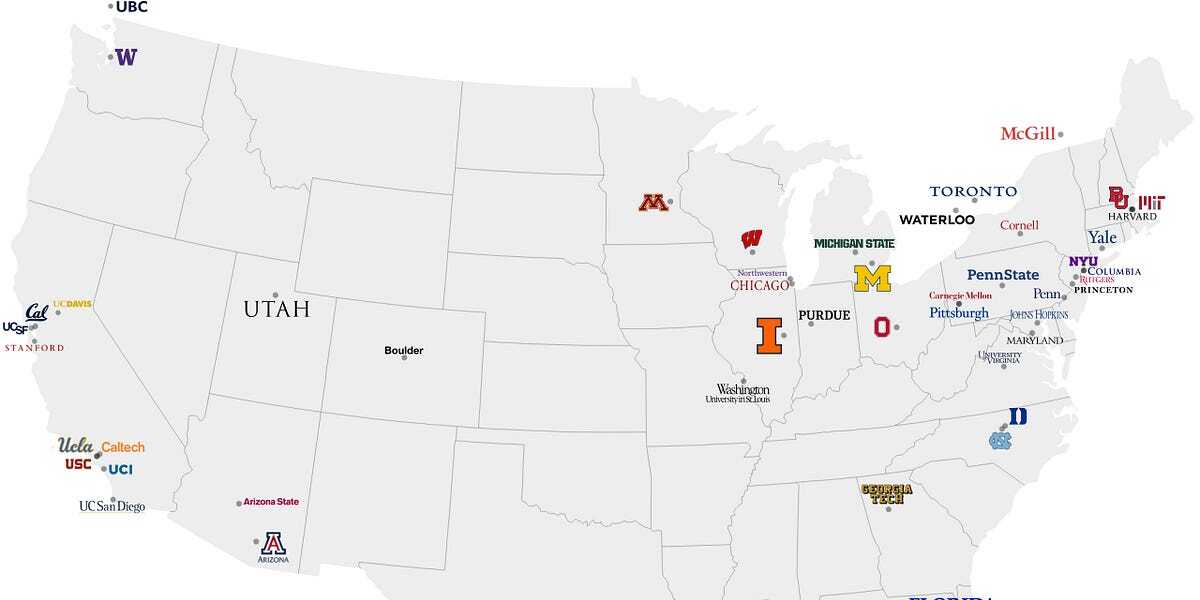I don’t see immigration as the problem. A bigger problem in my eyes is that while native workers take lower salaries, the companies get bigger profit margins.
So my concern is the upper class continuing to run away with the wealth, as they have been since the 1970s.
That’s a global problem seen in many developed countries. Not all of those countries have immigration problems. I think the core of the problem are global technology monopolies but it’s easier to blame people.
I don’t see immigration as the problem. A bigger problem in my eyes is that while native workers take lower salaries, the companies get bigger profit margins.
Two things can be true at once.
- foreigners taking our jobs
- the rich are a cancer on society
We need a wealth tax.
The first bullet makes the world more equal, the second bullet makes the world less equal.
I very much agree on higher taxes.
Now do H1-B by country and graduating university. Then map against companies headed by previous citizens of the H1-B countries.

Some countries do it simply: You can hire from abroad if (a) you can demonstrate problems hiring in the local market for that position, and (b) the position is at/above market rates.
There’s still room to game the system, but it’s no longer a ridiculously low bar. And there is scope for investigations and legal action, which most companies try to avoid.
(Don’t get me started on social insurances… the US super majority seems irrecoverably brainwashed, and would probably cheer on non-contributions by gainfully employed foreigners)
That’s exactly how H1-Bs are setup in the US, but they just game the system.
A lot of tactics I’ve seen/heard are:
- Making fake job postings to show high demand
- Bad job descriptions or unrealistic job descriptions to show low supply
- Really fudging salary numbers.
It sounds like a wilful lack of investigation & enforcement, in that case. The US gets what it votes for, I guess.
god hacker news is so shit
It sucks I didn’t finish my degree when I have the chance I’m probably never going to go that route now




